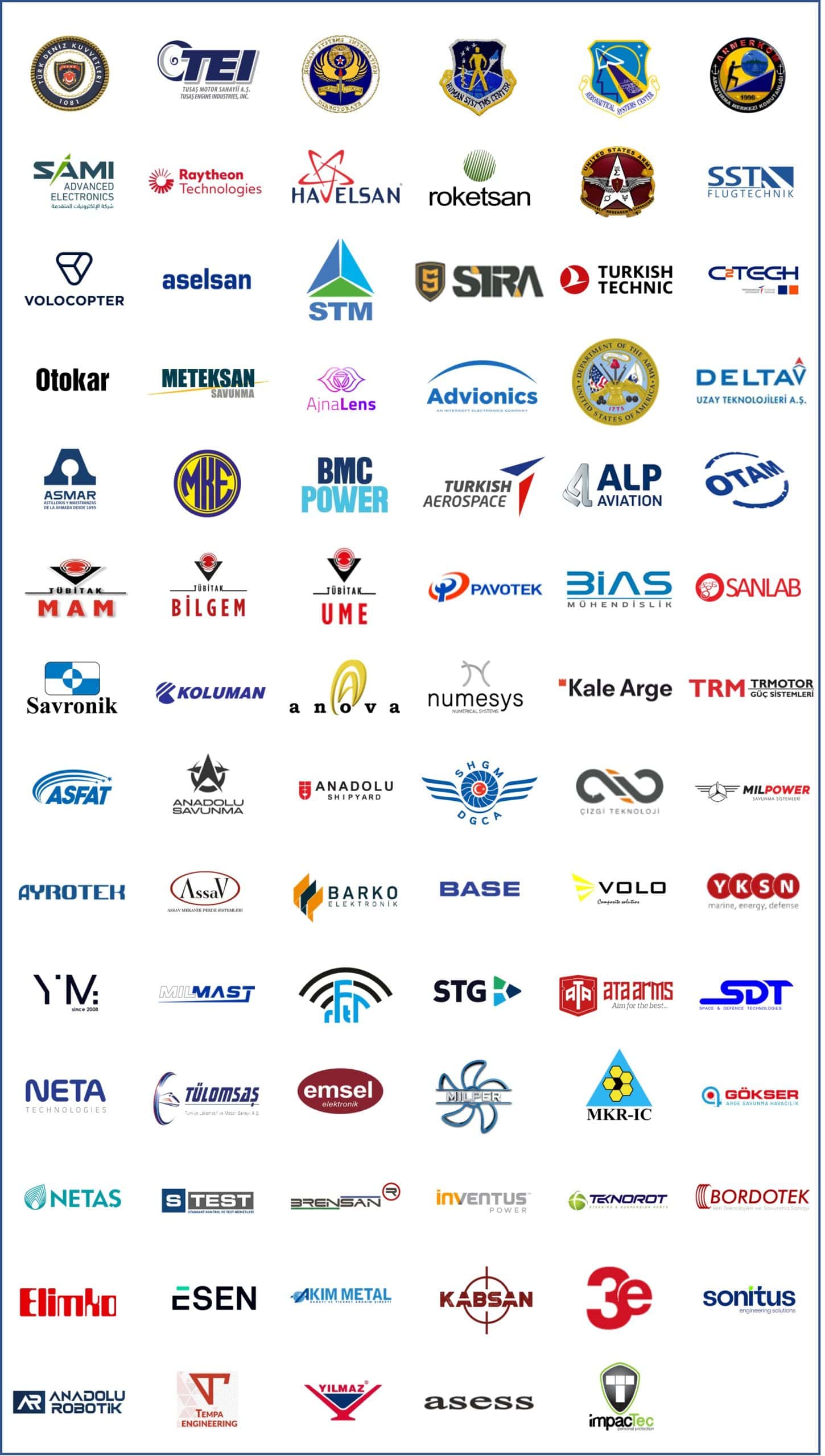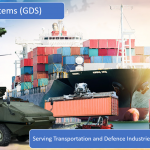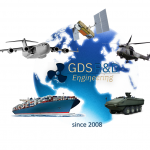In short, “GDS” develops simulator products for maritime education and training and provides Systems Engineering training courses in defense and aviation.
About Simulators
Especially for use in maritime training, GDS has developed a Ship Engine Room Simulator (SERS) and supports it as the main product, along with similar simulators. The main product of GDS, Ship Engine Room Simulator (SERS™), has been trademarked and certified by ClassNK, an international maritime certification agency. SERS has started to be used in important maritime education institutions such as Yıldız Technical University, OneYachts (Malta), and Istanbul Technical University (ITU) Maritime Faculty. In addition to SERS, GDS has developed other maritime training simulators, such as the Ship Electrical Systems Simulator,r and continues its work.
GDS also provides project-specific, knowledge—and experience-based consultancy services in the maritime sector. The TÜBİTAK project of ARKAS BIMAR and the study on Machine Learning are ongoing. He has conducted a study on the measurement and analysis of noise emitted into the sea for a ship belonging to Karadeniz Holding (Karpowership) and an internationally valid report study. Our services to the maritime sector continue with similar engineering and consultancy studies.
About Systems Engineering Training Programs
GDS personnel for the Aviation Sector provide training on the RTCA-DO-160G Environmental Test Standard and provide services on test plans and test management according to this standard.
With vast experience and expertise in defense systems development and certification in the USA, GDS also provides MIL-STD-810H training, which is very important in the Defense Sector. So far, GDS provided training to more than 1000 individuals and over 150 organizations globally.
GDS Personnel
GDS personnel also consist of academic staff at ITU Maritime Faculty and provide testing, consultancy, and engineering services within the scope of university-industry collaborations at ITU Maritime Test Application and Research Center (ITU DETAM). The ITU Marine Equipment Test Center (METC), known in English, can perform environmental tests such as vibration, temperature, icing, dropping, stacking, internal pressure, pulling, notch, sealing, and salt fog.
GDS is led by Dr Ismail Cicek, who has more than 30 years of experience in the Maritime Education and Training, Defense, and Aviation sectors.
GDS continues to contribute to global studies with its products and knowledge-experience potential.
GLOBAL DYNAMIC SYSTEMS (GDS)
TRAINING COURSES
Worldwide, Online, for ‘Groups’ or ‘Individuals’
Training on
MIL-STD-810H
ENVIRONMENTAL TESTING
“IPS/ILS, Reliability & Systems Engineering”
Certification Training
Training on
EMI/EMC Testing
(per RTCA-DO-160 & MIL-STD-461)
Training on
Vibration and Shock
Testing
Training on
Systems Engineering
(DoD/FAA/NASA/EASA)
Training on
RTCA-DO-160G
ENVIRONMENTAL TESTING
Training on
MIL-STD-461G EMI/EMC Testing
(incl. MIL-STD-464)
Training on
Requirements Management
(FAA/EASA/US DoD/NASA)
Training on
MIL-STD-704F
Aircraft Electrical Interface
OUR REFERENCES
We have provided training and test consultancy services to more than 120 companies and organizations and over 1000 individual trainees so far.



